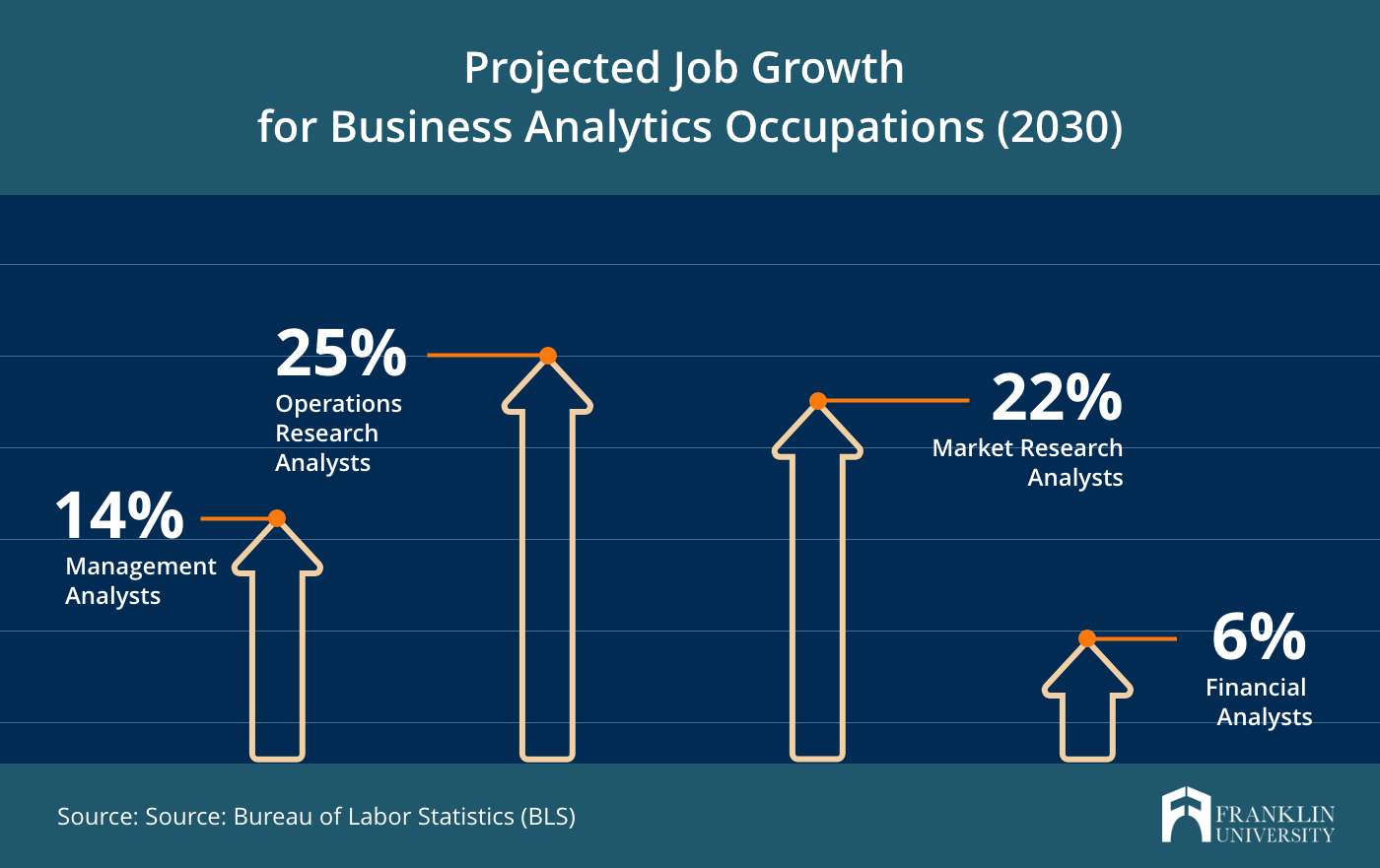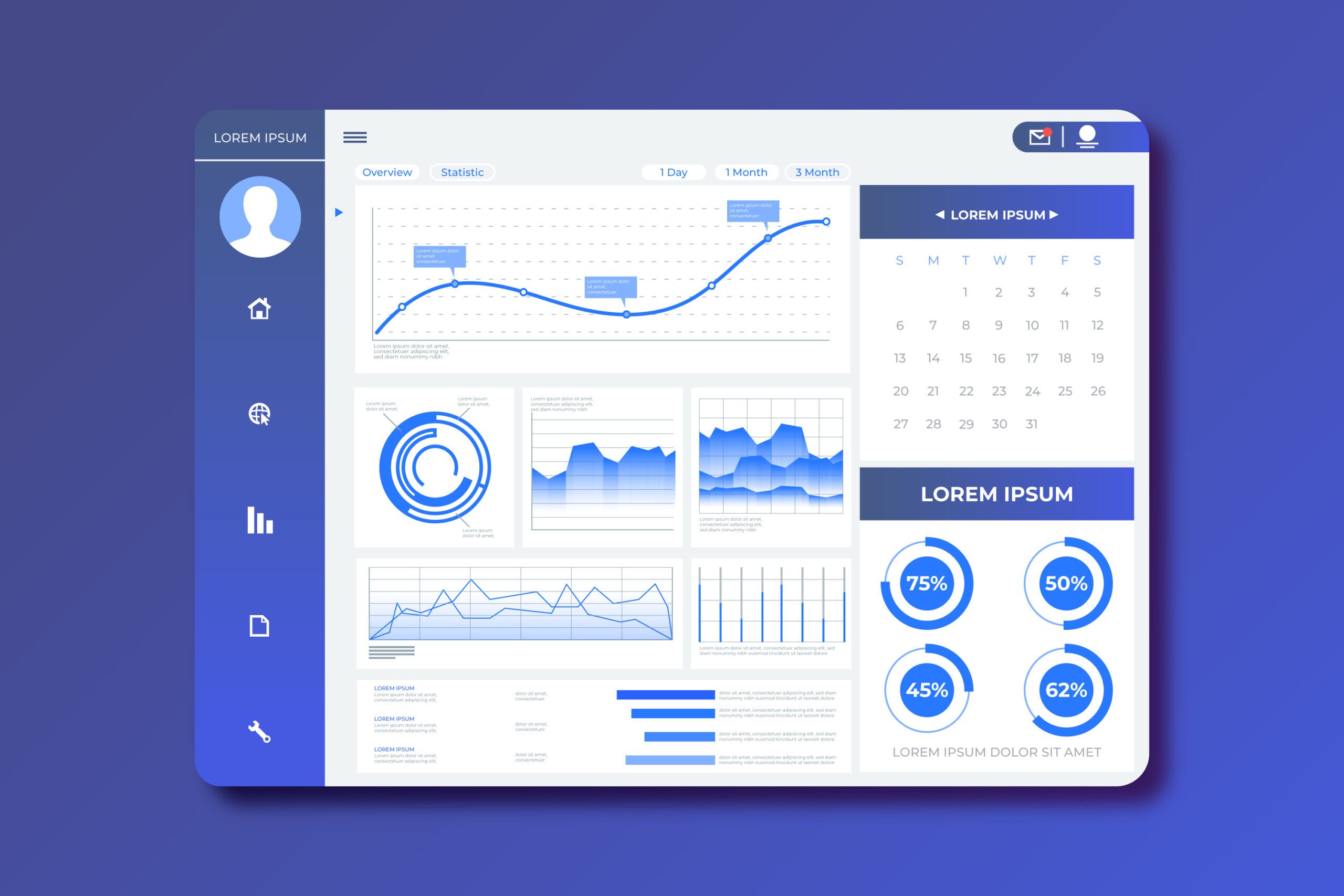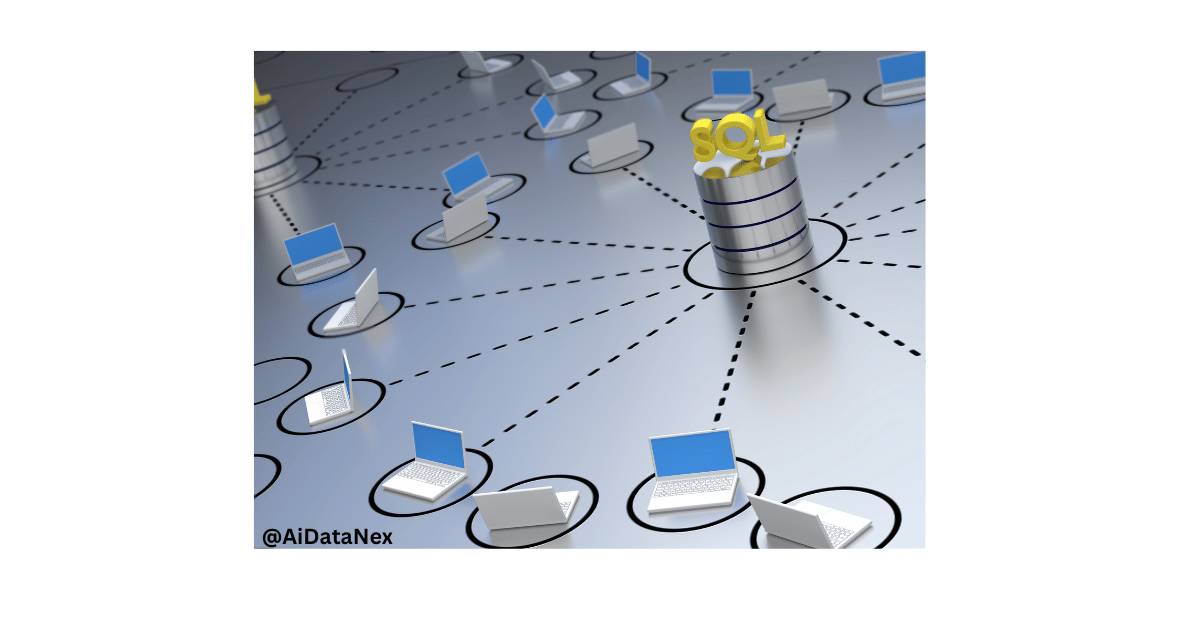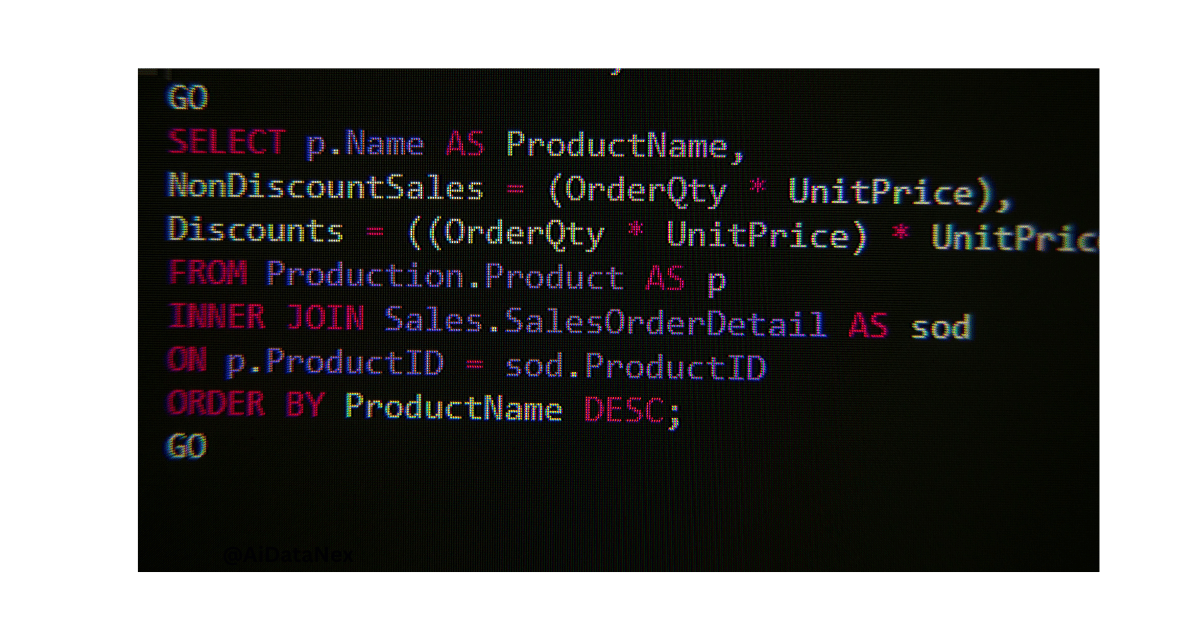A Bachelor’s in Data Analytics is worth it for those pursuing a career in data-driven fields. It offers valuable skills and job opportunities.
Data analytics is a rapidly growing field with high demand for skilled professionals. A Bachelor’s degree in Data Analytics equips students with essential skills in data interpretation, statistical analysis, and data-driven decision making. Graduates can pursue careers in various industries, including finance, healthcare, marketing, and technology.
The degree provides a strong foundation in both technical and analytical skills, making graduates attractive to employers. Additionally, the increasing reliance on data in business operations ensures long-term job security and growth potential for data analysts. Overall, investing in a Bachelor’s in Data Analytics can lead to rewarding and lucrative career opportunities.
The Surge Of Data Analytics
Data generation is growing fast. People create data every second. This includes social media, emails, and online shopping. Companies collect this data to make decisions. They need experts to understand it. This has increased the demand for data professionals.
Data professionals are in high demand. Many industries need them. These include healthcare, finance, and retail. They help companies understand trends and patterns. They also help improve services and products. This makes a career in data analytics very attractive.

Credit: www.facebook.com
Decoding A Data Analytics Degree
Students study statistics, data mining, and machine learning. They also learn about data visualization and database management. Courses on programming languages like Python and R are included too. Big data concepts and predictive modeling are important parts. These subjects are crucial for a solid foundation in data analytics.
Students gain analytical thinking and problem-solving skills. Technical proficiency in software tools is developed. Communication skills are improved for sharing data findings. Teamwork abilities are sharpened through group projects. Time management is another key skill learned. These skills are essential in a data-driven world.
Comparing Degrees: Data Analytics Vs. Other Fields
Data Analytics focuses on analyzing data to find trends. Computer Science is about building software and understanding algorithms. Both fields need strong math skills and logical thinking. Data Analytics uses tools like Excel and SQL. Computer Science often requires knowledge of programming languages like Python and Java. Data Analytics is more about interpreting data. Computer Science is about creating systems. Both fields offer good career opportunities.
Data Analytics and Data Science overlap a lot. Data Science is more research-focused. Data Analytics is application-focused. Both fields need strong statistical skills. Data Science often requires machine learning knowledge. Data Analytics focuses on business insights. Data Science involves more coding. Both fields need data visualization skills. Data Analytics uses tools like Tableau. Data Science often uses Python and R.

Credit: www.franklin.edu
Career Prospects With A Data Analytics Degree
A Bachelor’s in Data Analytics opens many doors. Graduates can become Data Analysts, Business Analysts, or Data Scientists. Other roles include Data Engineers and Statisticians. These jobs often need strong analytical skills and knowledge of statistics. Many companies also seek skills in programming languages like Python and SQL. These roles are crucial in today’s data-driven world.
Data Analytics professionals are in high demand. Companies need experts to analyze big data. This helps in making informed decisions. Tech companies, financial firms, and healthcare providers are top employers. Salaries for these roles are competitive. An entry-level Data Analyst earns around $60,000 per year. Experienced professionals can earn over $100,000 annually. The salary can vary based on location and experience.
Real-world Applications Of Data Analytics
Data analytics helps hospitals find better ways to treat patients. Doctors use data to predict health issues. This saves lives and money.
Retail stores use data to understand what customers want. They stock the right products and increase sales. This makes shopping better for everyone.
Sports teams use data to improve player performance. Coaches make better decisions. Teams win more games.
Companies use data to make smart choices. They know what works and what does not. This saves time and money.
Data helps businesses understand their customers. They can offer better products and services. This keeps customers happy.
Managers use data to plan for the future. They can see trends and prepare. This makes the company stronger.

Credit: www.mdc.edu
Bachelor’s Degree Roi: Evaluating The Investment
A Bachelor’s in Data Analytics can be expensive. The cost of tuition, books, and other fees add up. But this degree can lead to high-paying jobs. Many companies want data experts. These jobs can pay very well. Over time, the investment in the degree can be worth it.
Having a degree helps in the long run. Many jobs need a bachelor’s degree to apply. With this degree, you can grow in your career. You can get promotions and better job offers. Experience and a degree together make you very valuable.
Enhancing Your Degree’s Value
Adding certifications can boost your degree’s worth. Specializations in areas like machine learning or data visualization make you stand out. Many employers prefer candidates with specific skills. Online courses offer flexible learning paths. Some popular certifications include Google Data Analytics and IBM Data Science. These certifications often come with hands-on projects. Real-world experience is crucial. Specializing helps you target niche markets. This can lead to higher-paying jobs. Your resume becomes more attractive. Employers value updated skills. Certifications show you are committed to continuous learning.
Networking is key in the data analytics field. Join professional associations to meet industry leaders. These groups offer resources and job opportunities. Attending conferences can help you stay updated. Online forums are also useful. You can share knowledge and get advice. LinkedIn is a great platform for networking. Building connections can lead to job referrals. Strong networks often result in better job prospects. Professional associations often have certification programs. These can further enhance your skills. Networking helps you learn about industry trends. It also provides mentorship opportunities.
The Future Landscape Of Data Analytics
Big data is growing fast. Artificial intelligence helps analyze data better.
Machine learning makes predictions more accurate. Blockchain ensures data safety.
Internet of Things connects more devices. This creates more data. Cloud computing
stores and processes data easily. Data visualization tools help understand data quickly.
More companies need data analysts. Tech companies are hiring more than before.
Healthcare uses data for better treatment. Finance uses data to reduce risks.
Retail uses data to understand customers. Marketing uses data for better ads.
Government uses data to make decisions. Education uses data to improve learning.
Frequently Asked Questions
Is It Worth Getting A Degree In Data Analytics?
Yes, a degree in data analytics is worth it. It offers high demand, competitive salaries, and diverse job opportunities.
Is It Worth Doing A Data Analytics Course?
Yes, a data analytics course is worth it. It enhances career prospects, improves decision-making skills, and offers high salary potential.
Do Data Analysts Need A Bachelor’s Degree?
No, a bachelor’s degree isn’t always required. Many data analysts succeed with relevant certifications and experience. Skills matter most.
Is Data Analytics A Hard Degree?
Data analytics can be challenging due to its technical nature. Strong math and programming skills are essential. With dedication and effort, many students succeed.
Conclusion
Choosing a Bachelor’s in Data Analytics can open many doors. It offers valuable skills and career opportunities. Consider your interests and career goals. This degree could be your key to a successful future in a data-driven world. Make an informed decision and invest in your potential.







